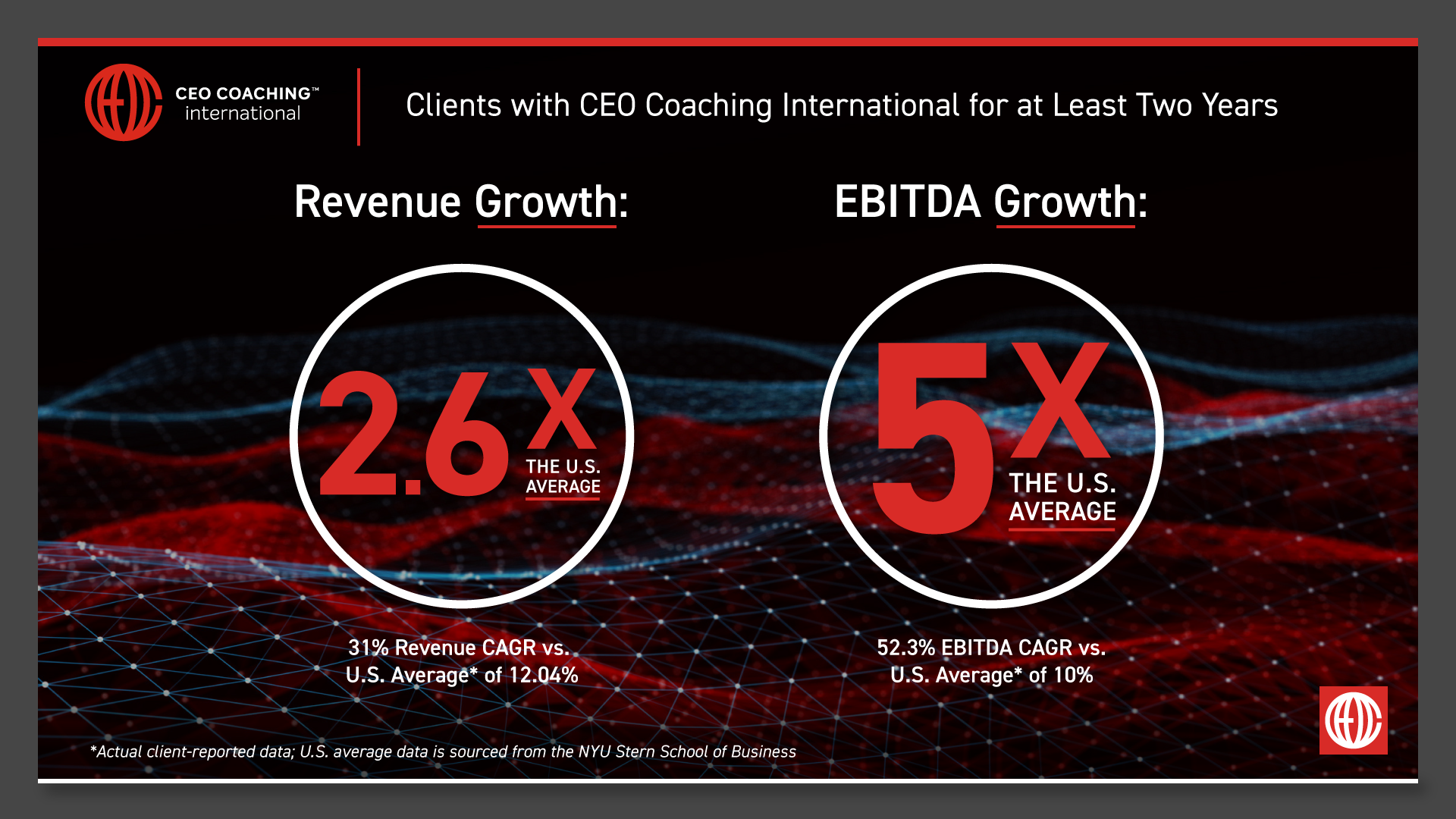Psychologist Daniel Goleman’s 1995 book “Emotional Intelligence” popularized the idea that effective leaders need to supplement their rational knowledge base with an understanding of how people think, feel, and communicate. Decades later, some CEOs still look down on EQ skills as the “touchy-feely” stuff that weakens a company’s performance. But, in this fast-changing world, the power of meaningful connections with employees, prospective talent, and customers is a constant that’s anchoring successful businesses. And, in this highly competitive labor market, top employees who don’t feel cared for as people are going to vote with their feet and move on to organizations that feel less calculating and more human.
With multiple generations of diverse workers spanning in-office and remote teams, even CEOs who pride themselves on their people skills need to tune up their EQs. The most successful CEOs have mastered these 4 EQ traits:
1. Empathy
Pieces of your entire life experience influence your perception and performance as a CEO. Opening yourself up to the experiences of others is the first step towards boosting your leadership EQ.
The simplest way to understand what’s going with your employees? Just ask! Many CEOs worry that they’ll seem inauthentic in personal conversations if they don’t have the names of every employee spouse and child at their fingertips. But, most of the time, your questions are less important than how well you listen and follow up. Asking people how they’re feeling; if they have everything they need to effectively complete their work; or if they have any questions about the direction of the company can open up meaningful dialogues. Pay attention to those answers and you’ll have a greater understanding of what’s motivating your employees, what challenges they’re dealing with, and how you can help.
It’s also important to pay attention to how your employees are reacting to events in the wider world. When headlines are bigger than business, reach out to your team leaders and take the pulse of the organization. You don’t have to take a public side on a contentious issue; sometimes allowing your employees a little extra time off or a conference space where they can gather and work through their feelings is most effective. But if events do dovetail with your company’s values and mission, taking a public stand may be called for. Your CEO coach can be a very helpful unbiased sounding board in these delicate situations.
2. Self-awareness
By and large, effective CEOs are confident, driven people who work hard and exude positive energy. In a vacuum, these are all positive leadership traits.
But people don’t experience other people in a vacuum, especially not their bosses. The Talent Insights tool challenges CEOs to consider how their personalities could be perceived by others under varying degrees of stress. For example, your natural confidence could make a subordinate who’s struggling to solve a problem feel like you’re not listening as well as you could be. Turn the pressure up to crisis mode and your confidence could come off as domineering.
Understanding how other people could react to your strongest personality traits will help you learn how to modulate those traits to fit the needs of a given circumstance or employee. But improving self-awareness also means addressing blind spots. Are you working long nights because you’re driven, or because you’re poor at delegating? Are you loyal to the people who got your company this far, or are you letting nostalgia cloud your judgment about longtime employees who aren’t performing as well as they used to?
If reflection isn’t one of your strong suits, you might need to turn to your CEO coach or a trusted mentor who can provide that objectivity and an added layer of accountability.
3. Communication
Low-EQ CEOs often put their people in a state of high alert every time they send an email or pick up the phone. Because they don’t filter their thoughts through empathy or self-awareness, these CEOs don’t realize that their clear, concise, factual emails read as angry further down the chain of command. They don’t understand that a 30-second, one-sided phone call to a team leader dealing with a crisis is going to make that leader feel unsupported and unimportant. And, they don’t notice that the end result of this low-touch communication cycle is a C-suite full of yes men and an exodus of top talent who don’t feel heard.
Our CEO and entrepreneur coaching clients who want to improve their self-expression use the Talent Insights tool to build out a communication checklist. By studying their communication habits and even some unintentional quirks, CEOs can learn how to communicate information in ways that create more positive reactions.
For example, let’s say you’re a CEO who has “Be more inclusive” on your checklist. Rather than emailing a team leader to complete Task X this way by this deadline, schedule a friendly lunch meeting. Lay out the problem, invite suggestions, and then discuss the options. Empower that leader to go back to his team and determine the best way to achieve the result the company needs. You’ve just turned what could be a stressful situation into an opportunity that could inspire your best people to do creative and innovative work.
4. Decision-making
At the top, I mentioned that many CEOs don’t appreciate how soft skills can drive hard, tangible results. Hopefully I’ve drawn a clear through line from improving how you relate to and communicate with staff to improving your company’s potential performance.
But the benefits of improving your EQ cut both ways. Just as EQ helps you get more out of your company, your company will also be able to get more out of you when your leadership is most vital.
High-EQ CEOs understand how they respond to people and situations under varying degrees of pressure. That self-knowledge can be an invaluable tool to help you navigate complicated decisions. If your Talent Insights reveal a tendency to let your emotions drive your thinking, you might start scheduling more CEO learning time so that you can master the relevant facts and figures. A chronic overanalyzer might lean more on the complementary expertise of his C-suite to arrive at decisions faster. And if poor communication in the past has turned that C-suite into an echo chamber, the CEO can focus on diversifying the voices in his leadership team when it’s time to make the next key hire.
You wouldn’t hesitate to make a tech stack upgrade that informed better decisions or improved employee retention. Developing your CEO EQ can have that kind of transformative impact on your company. Don’t let your feelings about feelings keep you from investing in skills that will enhance your leadership and help your company connect in a BIG way.
About CEO Coaching International
CEO Coaching International works with CEOs and their leadership teams to achieve extraordinary results quarter after quarter, year after year. Known globally for its success in coaching growth-focused entrepreneurs to meaningful exits, CEO Coaching International has coached more than 1,000 CEOs and entrepreneurs in more than 60 countries and 45 industries. The coaches at CEO Coaching International are former CEOs, presidents, or executives who have made BIG happen. The firm’s coaches have led double-digit sales and profit growth in businesses ranging in size from startups to over $10 billion, and many are founders that have led their companies through successful eight, nine, and ten-figure exits. Companies working with CEO Coaching International for two years or more have experienced an average revenue CAGR of 31% (2.6X the U.S. average) and an average EBITDA CAGR of 52.3% (more than 5X the U.S. average).
Learn more about executive coaching | Meet our world-class coaches





